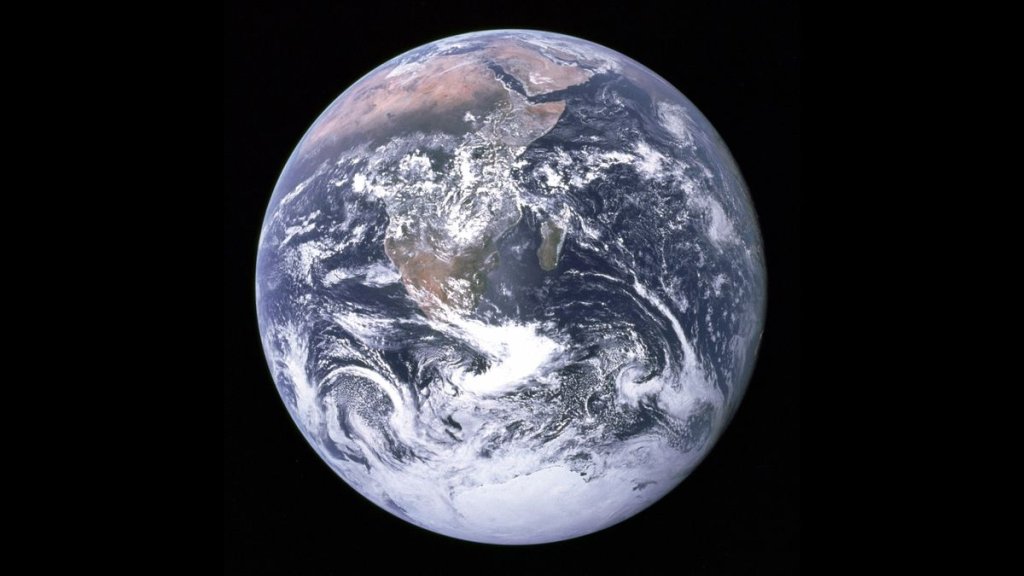
Climate change has pushed Earth into ‘uncharted territory’: report (Image Credit: Space.com)
Humans are not doing enough to tackle the climate crisis, leading the world into a dangerously risky and unfamiliar territory, scientists warn in a new study.
Of the 35 signs useful to track changes in climate, 20 are showing record extremes, including measurements related to Earth’s average surface temperatures, fossil fuel subsidies, sea ice levels and global forest cover.
Before 2000, global average temperatures were never 1.5 degrees Celsius higher than pre-industrial levels — in 2023 alone, 38 days have already exceeded that threshold, scientists found. July of this year was the warmest month, according to the new report, perhaps in the past 100,000 years.
Related: Earth is getting hotter at a faster rate despite pledges of government action
As just one example, the record temperatures, driven by human activity and worsened by recurring climate patterns known as El Niño, are shrinking sea ice in Antarctica at an alarming rate — this year, the continent witnessed its lowest ice levels on satellite record.
The increasingly devastating impacts of climate change have also caused wildfires to be at their worst in Canada this year. The country witnessed the scorching of a staggering 45 million acres of land — the previous record-holder is 1989’s season when 19 million acres were charred
The impacts of climate change were not limited to the Americas; in fact, the crisis is even affecting regions not typically prone to climate extremes, the report found. This year, northeastern China suffered from exceptionally severe floods that displaced more than a million people. Heavy rains caused a glacial lake to burst its banks in the Indian state of Sikkim earlier this month, flushing away bridges and roads. A powerful Mediterranean storm washed away entire neighborhoods in the Libyan city of Derna. These are just a few examples, scientists emphasize.
“Life on our planet is clearly under siege,” study co-author William Ripple, an ecologist at Oregon State University, said in a statement. “The statistical trends show deeply alarming patterns of climate-related variables and disasters.”
“We also found little progress to report as far as humanity combating climate change,” he added.
Humans are pushing Earth systems into “dangerous instability,” scientists say. By the end of this century, they suspect about a third to a half of the world’s population — three to six billion people — may be pushed beyond the “livable region,” in that they may experience severe heat and limited food availability.
Humanity is demanding too much from Earth, and politicians must urgently fight for policies that address this demand, as such an effort “will give us our best shot at surviving these challenges in the long run,” scientists write in the new study.
This research is described in a paper published Tuesday (Oct. 24) in the journal BioScience.





